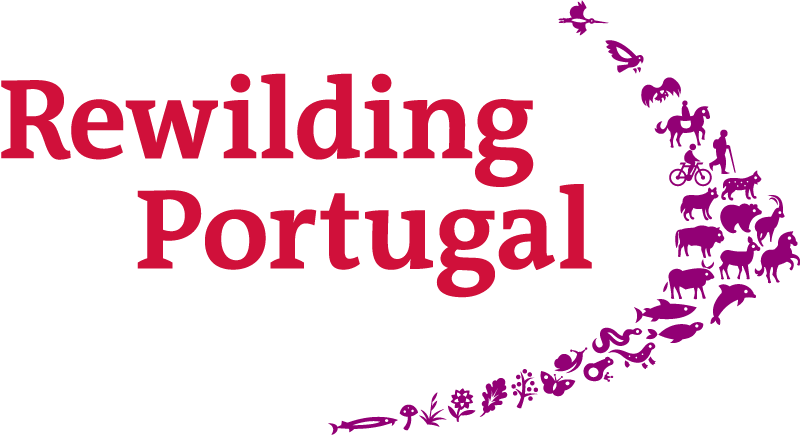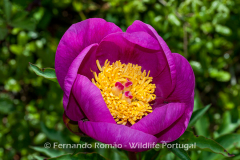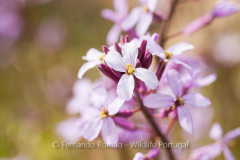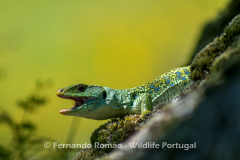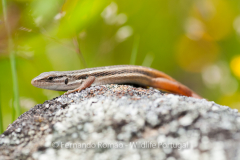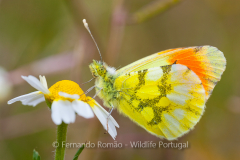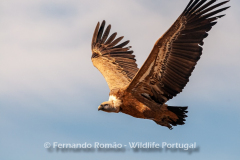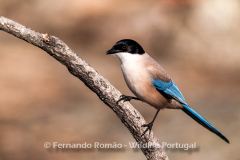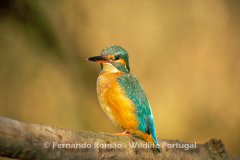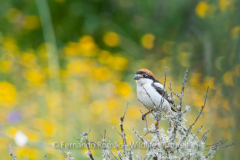
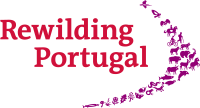

A wild Côa
Ermo das Águias is located roughly in the middle of the course of the Côa River, on a steep slope of the left bank, where the landscape of the river valley is marked by crags and rough scarps. The opposite slope, however, shows a significant Cork Oak (Quercus suber) area.
Despite a past of intense soil use, the process of renaturalisation of the Pyrenean Oak (Quercus pyrenaica) woods and the association with holm-oaks and cork-oaks is already evident. The meadows are gradually recovering their floristic diversity, which is attracting greater numbers of insects, rabbits and partridges.
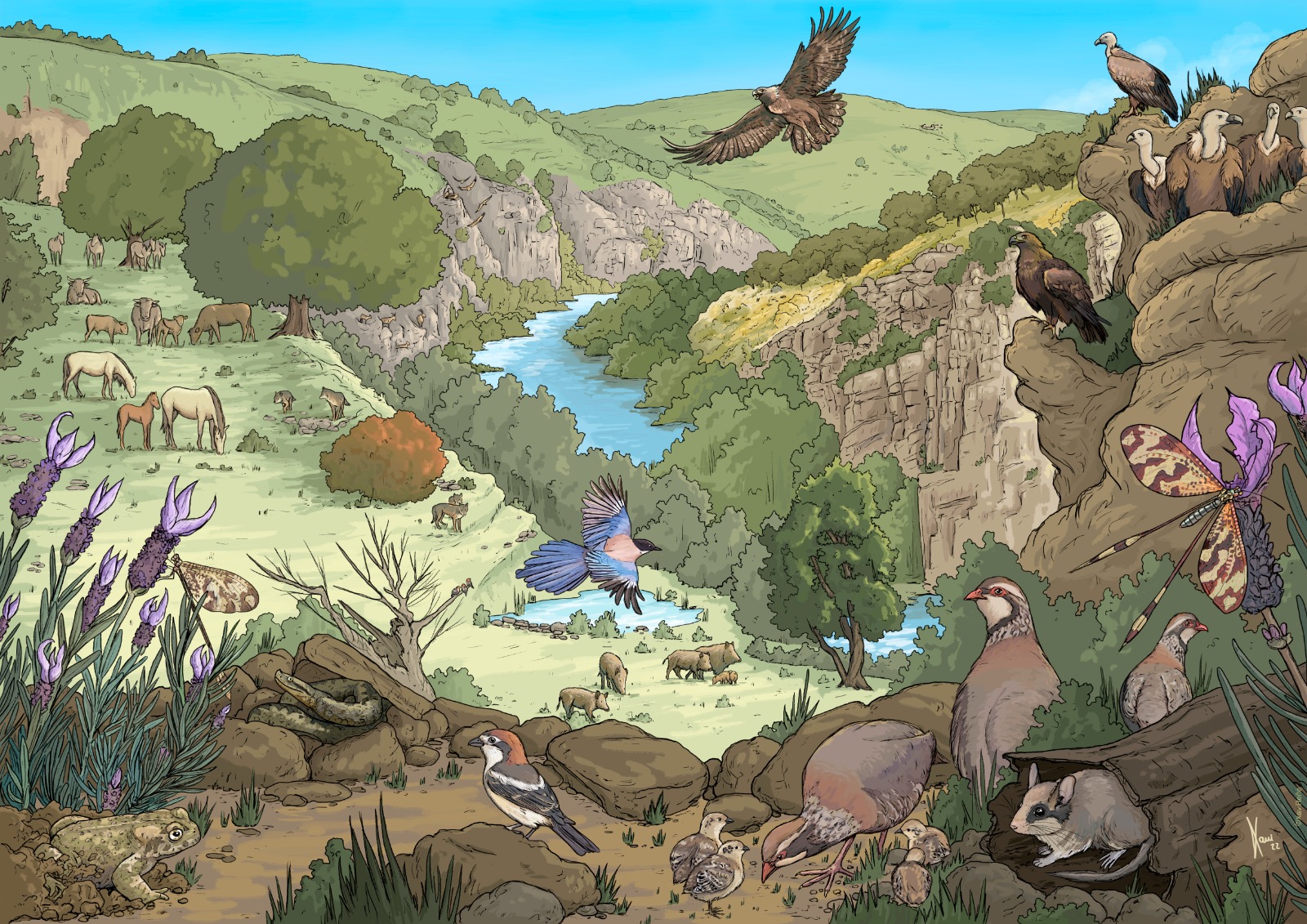
Rewilding in the Côa Valley
Ermo das Águias is a rewilding area, where Rewilding Portugal develops a management in favour of nature conservation. With a long past of recurrent fires and intensive grazing, a small herd of the rare Sorraia horse breed was here introduced, which will promote more sustainable grazing of the vegetation and contribute to the balance of the natural systems, creating a mosaic of habitats that reduces the risk of fire and supports small herbivore populations. This territory is also covered by the Life Wolflux project, whose aim is to promote the ecological and socio-economic conditions necessary for the survival of sub-populations of the Iberian Wolf south of the Douro River, allowing this species to fulfil its functional role as a top predator. In the southern part of this rewilding area, the ruins of an ancient “fojo”, an ancestral trap built in stone and used to capture wolves, attest to the once regular presence of this large carnivore.
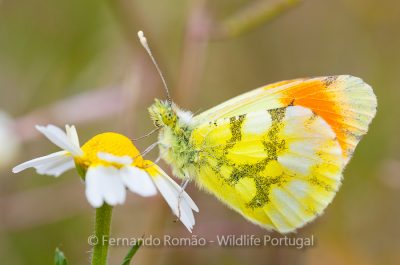
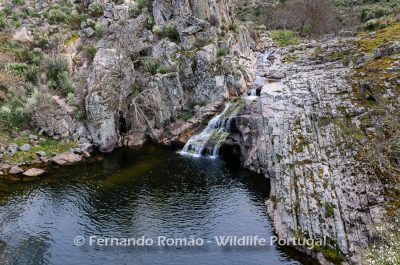
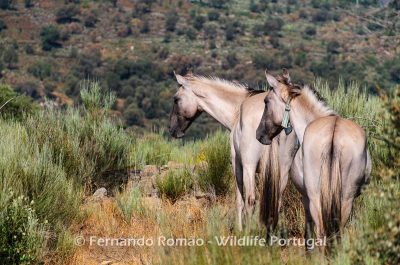
Local fauna
Some of the region’s most emblematic birds regularly fly over the valley, such as the Griffon Vulture (Gyps fulvus), the Golden Eagle (Aquila chrysaetos) and the Black Stork (Ciconia nigra). Next to the river, we can catch a sight of the timid Grey Heron (Ardea cinerea), glimpse the rapid flight of the Kingfisher (Alcedo atthis) or the Dipper (Cinclus cinclus). Also in the river, you can find the shy Mediterranean terrapin (Mauremys leprosa), which spends long hours sunbathing.
Of the smaller but no less attractive species, an interesting diversity of butterflies occurs here, of which the most noteworthy are the Moroccan Orange-tip (Anthocharis euphenoides), the Black-veined White (Aporia crataegi), the Iberian Sooty Copper (Lycaena bleusei), the Black-eyed Blue (Glaucopsyche melanops), the Scarce Swallowtail (Iphiclides feisthamelii), Cardinal Fritillary (Argynnis pandora), Spanish Marbled White (Melanargia ines) and the Spanish Festoon (Zerynthia rumina).
Local flora
In this territory, botanical elements of a continental and Mediterranean nature combine. The tree cover (in recovery), is formed by the Pyrenean Oak (Quercus pyrenaica), the Cork Oak (Quercus suber), the Holm Oak (Quercus rotundifolia), the Portuguese Oak (Quercus faginea) and the Common Ash (Fraxinus angustifolia).
The shrub association is diversified, being mainly composed by Common Hawthorn (Crataegus monogyna), Turpentine Tree (Pistacia terebinthus), White Broom (Cytisus multiflorus) and Butcher’s broom (Ruscus aculeatus). Countless plants complete the flowering list, including the beautiful Paeonia broteri and the Iberian endemics, Erysimum linifolium, Euphorbia oxyphylla, Mullein Foxglove (Digitalis thapsi), Ornithogalum concinnum and Narcissus rupicola.
Ermo das Águias, the trail
This rewilding area is located 2 km from the village of Vale de Madeira (Pinhel). From the village, we take a rural path which descends to the Gaiteiros stream, where the entrance to the Ermo das Águias is located. In this area, there are several hiking alternatives for exploring this natural area, either briefly or for a longer period of time.
Length: variable, adaptable to the group, theme and availability, between 2 and 10km, approximately.
Duration: also variable, from 1.5 to 4 hours.
Recommended time of year: Spring, autumn and winter.
Recommendations and practical advice
For this activity, you will need comfortable footwear (preferably mountain boots or sports shoes), trousers, windbreaker and other clothing appropriate to the season and weather forecast. A hat for your head and sun cream. Bring water and individual food reinforcement (if justified) consisting, among others, of sandwiches, fruit or energy bars, nuts.
The planned programme may be subject to some changes should the weather conditions be too adverse.
FULL DAY: up to 4 participants – 185,00 €
HALF DAY: up to 4 participants – 130,00 €
For bigger groups and other conditions, contact us.
The price indicated includes guidance, transportation from Guarda or locally (if applicable) and insurance.
Booking a place is only guaranteed if 50% of the registration fee is paid.
A discount equal to VAT is available for private clients.
VAT will be added to the indicated prices for companies and other entities.
Through the contacts available, indicating your name and cell phone contact/email.
The reservation is only guaranteed upon payment of 50% of the registration fee.
email: info@wildlifeportugal.pt
phone: +351 918 068 872
In the course of our activities, we are committed to safeguarding the environment, minimising environmental impacts and reducing pollution.
By carrying out this activity, we support the management and conservation actions that promote the coexistence and return of wild species to the Greater Côa Valley,
under the management of Rewilding Portugal, through a financial contribution.

 English
English

